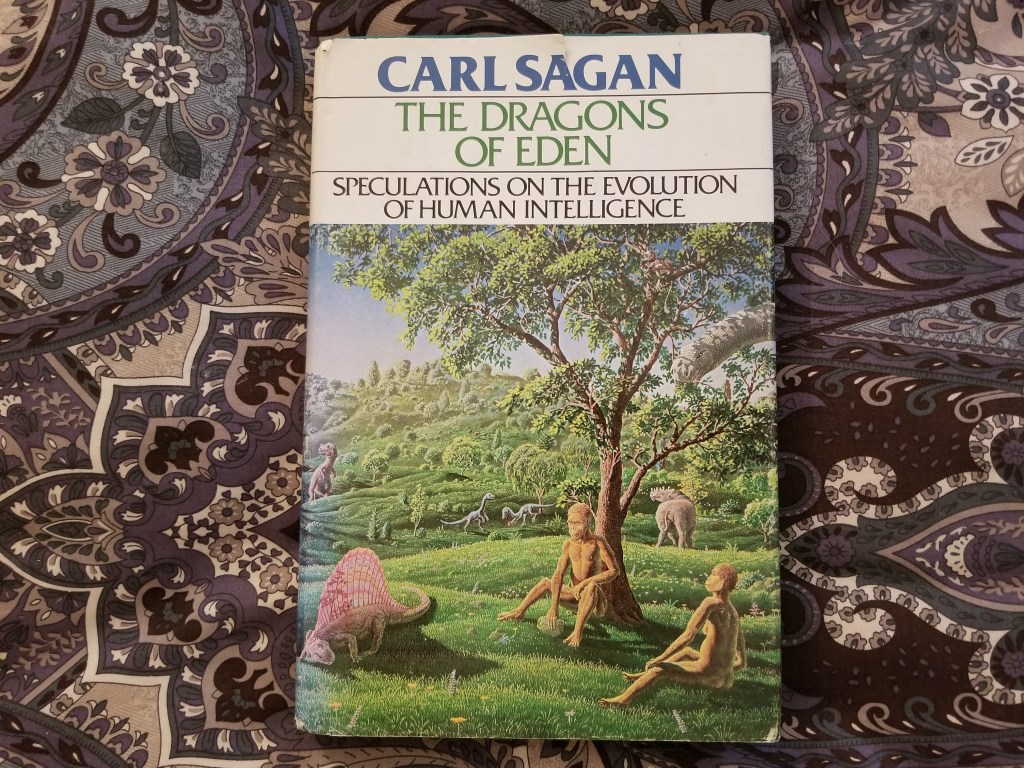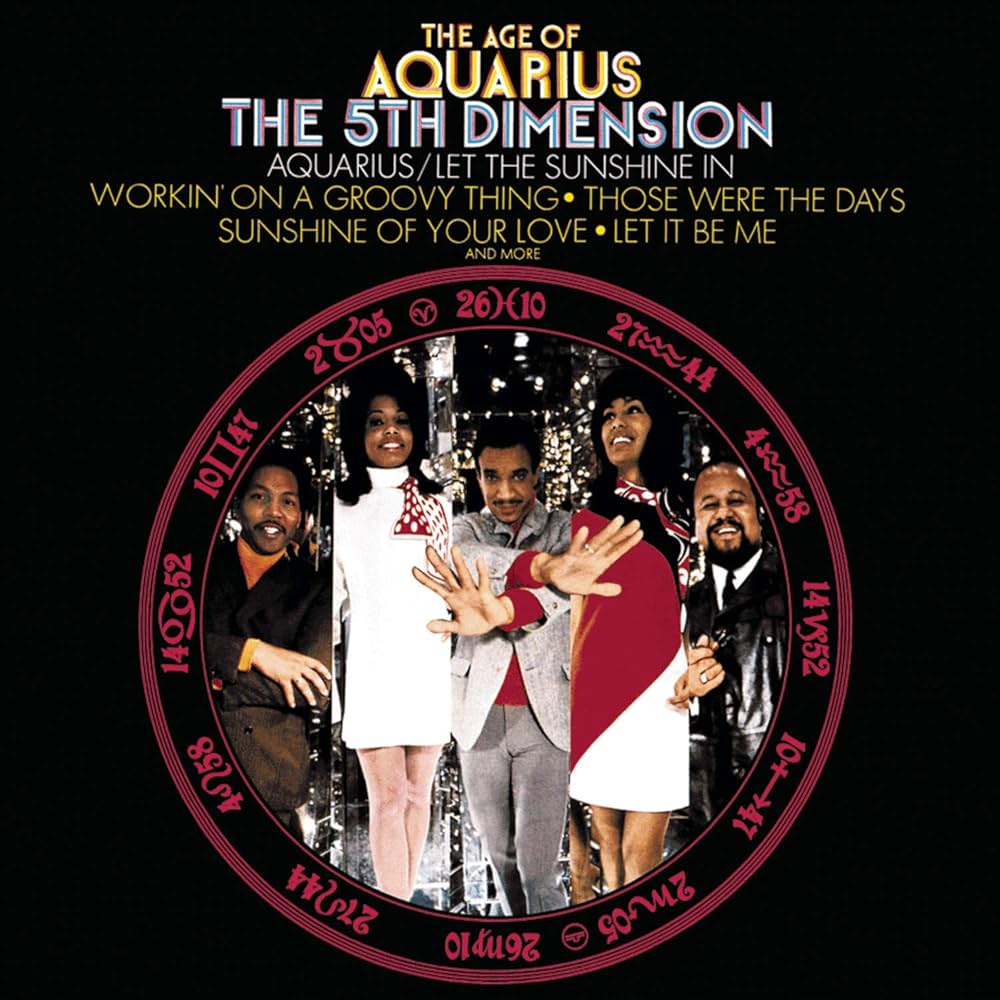
Ancillary Justice got a ton of hype upon its release in 2013, racking up a dizzying number of genre awards and garnering praise for its inventive handling of gender and nonhuman intelligence, in addition to being an excellent space opera. But I was on hiatus from genre reading in 2013, and so while I’d been exposed to the Imperial Radch universe when I read Translation State in my 2023 Hugo reading, I hadn’t yet circled back to the book that put Ann Leckie on the map. And when an online book club picked it up, I had the perfect opportunity to try.
Ancillary Justice is split into two different timelines, both following the same character in dramatically different life circumstances. In the former, the lead is one of thousands of connected ancillaries—ship AI consciousnesses downloaded into bodies of flesh and blood. In the latter, Breq is on her own, separated from her ship and her other bodies, on a mission that’s part revenge and part revolution, but waylaid by attempts to aid a suicidal human who had served on her ship thousands of years in the past. The former story is all about explaining just how Breq came to her current circumstances with her current convictions, while the latter is about executing a plan and saving a vulnerable bystander.
Because I was out-of-touch with the genre community in 2013, I can’t speak much to the background that made Ancillary Justice feel so daringly impressive. But I can’t help the feeling that it loses something for a new reader twelve years down the line. It’s so famous for its treatment of gender that I came in with some expectations on that score, but while it purports to build a genderless society, that element of worldbuilding doesn’t get much exploration beyond the lead’s inability to remember any pronouns other than she/her. It feels like a stray bit of worldbuilding designed almost entirely to discomfit the reader and force a questioning of gendered assumptions, and while it totally succeeds on that level, its reputation over the years had grown beyond what it actually delivers. This isn’t The Left Hand of Darkness, and while I have no doubt it was surprising to readers in 2013, it’s not something that particularly stands out from the science fiction landscape in the early 2020s.
The treatment of nonhuman intelligence is similar. It’s a theme with a long history in science fiction, and while I have few complaints about its handling in Ancillary Justice, we’ve seen a lot of disparate portrayals of artificial intelligence in the last decade, and there’s nothing here that feels truly special. Which is fine, except when the reader is approaching a book that rampaged through the Hugo, Nebula, Clarke, Locus, BFA, and Kitchie…well, it sets up the expectation for something mind-blowing. And instead, Ancillary Justice is good.
In fact, I’d argue that the building of a genuinely strange society is done much better in the standalone Translation State that’s set in the same universe. And while Translation State is a very good book that garnered its share of award nominations, its reputation doesn’t hold a candle to that of the series-starter.
As a space opera, Ancillary Justice remains an engaging and entertaining read. Both timelines offer enough mystery to keep the tension high through the first half of the novel, and when the first timeline drops off in the book’s second half, the messy imperial politics continue to give the reader a reason to press on. As the book progresses, the plot starts to get more and more straightforward, with most of the immediate tension coming from wondering whether the lead will be able to execute her mission without getting herself or her tag along killed. But the big picture questions add some freshness even when the plot is more familiar.
This review has talked a lot about expectations because it’s hard to separate my response from my expectations coming in. They weren’t met, I think in large part because the genre has come a long way in the decade-plus since the book was published. But it’s still a very good space opera.



















